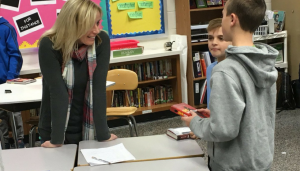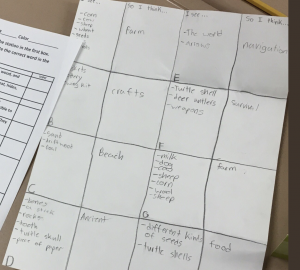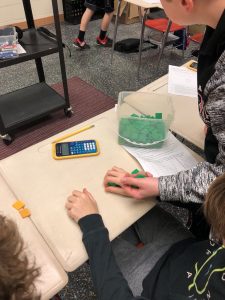This post was written by Aileen Hower, NCTE’s P12 Policy Analyst for Pennsylvania
As both an educator and a parent, I look at the Pennsylvania “School Performance Profile” (SPP) through a unique lens. On the one hand, I know how important the ratings are to teachers’ performance ratings for the year (and even to my own “score” as an administrator with the district during the 2016–2017 school year), as well as to the district as a whole with regard to reputation, funding, etc. As a parent, I was specifically curious about how well my son’s intermediate school had performed last year on the Pennsylvania SPP, as our school is dynamic and he is having an incredible experience.

The Pennsylvania Department of Education explains the School Performance Profile as follows:
“This PA School Performance Profile . . .
- Provides a building-level academic score for educators as part of the Educator Effectiveness System, as required by 24 P.S. § 11-1123 – Act 82 – 2012
- Provides information used in determining federal accountability status for Title I schools as required by the Federal Elementary and Secondary Education Act section 1111(h)(1) and (h)2
- Informs the public of the academic performance measures of each school, comprehensive career and technical center, cyber charter and charter school in Pennsylvania
- Provides resources to support schools as they seek to improve academic performance” (http://www.paschoolperformance.org/)
The ratings are out of 100 points and go from dark blue (90–10), light blue (80–89), green (70–79), yellow (60–69), and red (59 and below).
My son’s school is red. Red!
I was aghast. I was angry. Then I started to question the validity of the score.

I started to remember how the school has been recognized by the International Literacy Association as delivering an Exemplary Reading Program. To that end, the school is one of the only ones at its level that offer students a Language Arts curriculum through reading and writing workshop. Many students come out of the school as motivated readers and writers due to a personalized approach to their learning.

The Technology Student Association (TSA) consistently has students competing and winning awards at the state and national level.

Teachers from the school are consistently asked to speak at state and local conferences for their innovative ideas about customized learning: math centers, cross-curricular teaching, and using technology to promote learning and engaged learners in their classrooms. In fact, the school is thought of in the education community as a leader, with all students having their own technology and teachers who facilitate students having a voice in their learning.

Most importantly, my son was excited about the learning he was doing each and every day. Math was challenging, but allowed him to collaborate with his peers and stretch him academically and personally. In science and social studies, he learned new ideas in an interactive way. He experimented, tested hypotheses, and discussed important topics. He joined creative minds, Rubix Cube, Minecraft, and Harry Potter after-school clubs, and was active with Student Council and MathCounts. He read additional books monthly and at the Multimedia Center’s book clubs, where books were provided to students and discussions and follow-up activities were held. And that’s just describing what he did last year as a sixth grader.

I decided, therefore, that this score could not possibly represent “how my son’s school did” that year, and that I would not allow the SPP to convince me that he had not had an excellent sixth-grade year.
Note: All the above photos are credit of EMHIS Twitter.
 Aileen Hower is an assistant professor of literacy at a university in Pennsylvania. She is a K–12 social policy contact for NCTE and the Vice President for Elementary Schools for the Pennsylvania Council of Teachers of English and Language Arts (PCTELA). Connect with her on Twitter: @aileenhower.
Aileen Hower is an assistant professor of literacy at a university in Pennsylvania. She is a K–12 social policy contact for NCTE and the Vice President for Elementary Schools for the Pennsylvania Council of Teachers of English and Language Arts (PCTELA). Connect with her on Twitter: @aileenhower.

